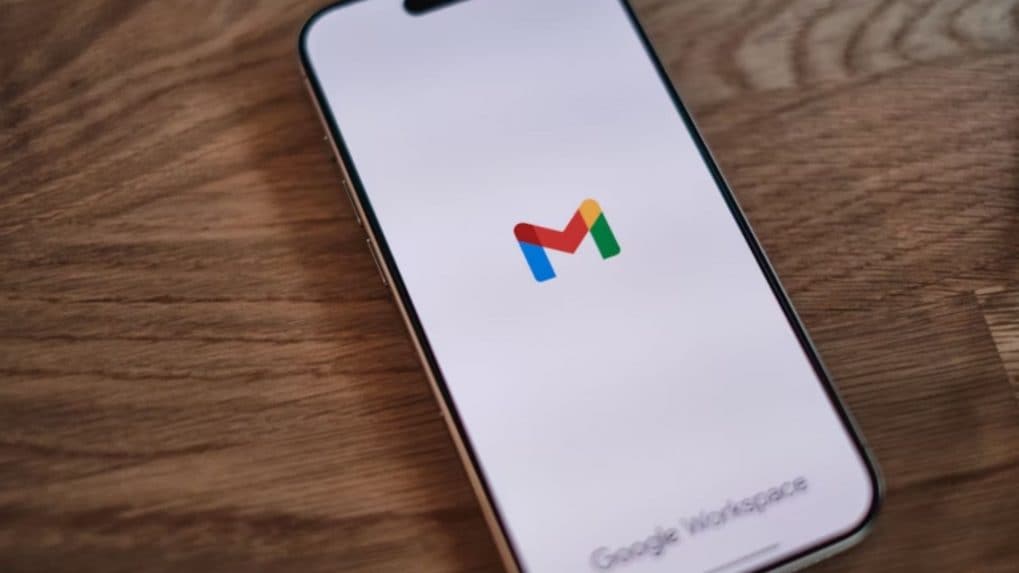How it Works
WPP, Havas, Omnicom: Are advertising’s biggest holdcos recasting agencies as AI Operating Systems?

The U.S. Federal Trade Commission (FTC) has raised fresh concerns about Gmail's spam filtering practices, alleging that the platform discriminates against Republican senders while allowing similar emails from Democrats to bypass filters, Reuters reported.
FTC Chairman Andrew Ferguson addressed the issue in a letter to Sundar Pichai, CEO of Google parent Alphabet, stating that Gmail's spam filters "routinely block messages from Republican senders but fail to block similar messages sent by Democrats."
The regulator cautioned that inconsistent filtering practices could trigger an FTC investigation and enforcement action.
A Google spokesperson denied the allegations, emphasizing that Gmail's spam detection applies uniformly.
"Our spam filters look at a variety of objective signals - such as whether users mark emails as spam or whether a sender's messages frequently trigger complaints. These rules apply equally to all senders, regardless of political ideology," the spokesperson said, adding that the company would review the letter and engage constructively with the FTC, the report added.
Republican lawmakers and conservative groups have repeatedly accused major tech companies of suppressing right-leaning content, a claim Silicon Valley firms consistently reject.
In recent months, several tech companies have sought closer ties with President Donald Trump, who took office in January.
This is not the first time Gmail has faced scrutiny over alleged partisan bias.
Last year, a U.S. judge dismissed a lawsuit filed by the Republican National Committee, which accused Google of intentionally sending its campaign emails to spam folders.
From purpose-driven work and narrative-rich brand films to AI-enabled ideas and creator-led collaborations, the awards reflect the full spectrum of modern creativity.
Read MoreThe Storyboard18 Awards for Creativity have unveiled a Grand Jury comprising some of India’s most influential leaders across advertising, business, policy and culture, positioning it among the country’s most prestigious creative award platforms.